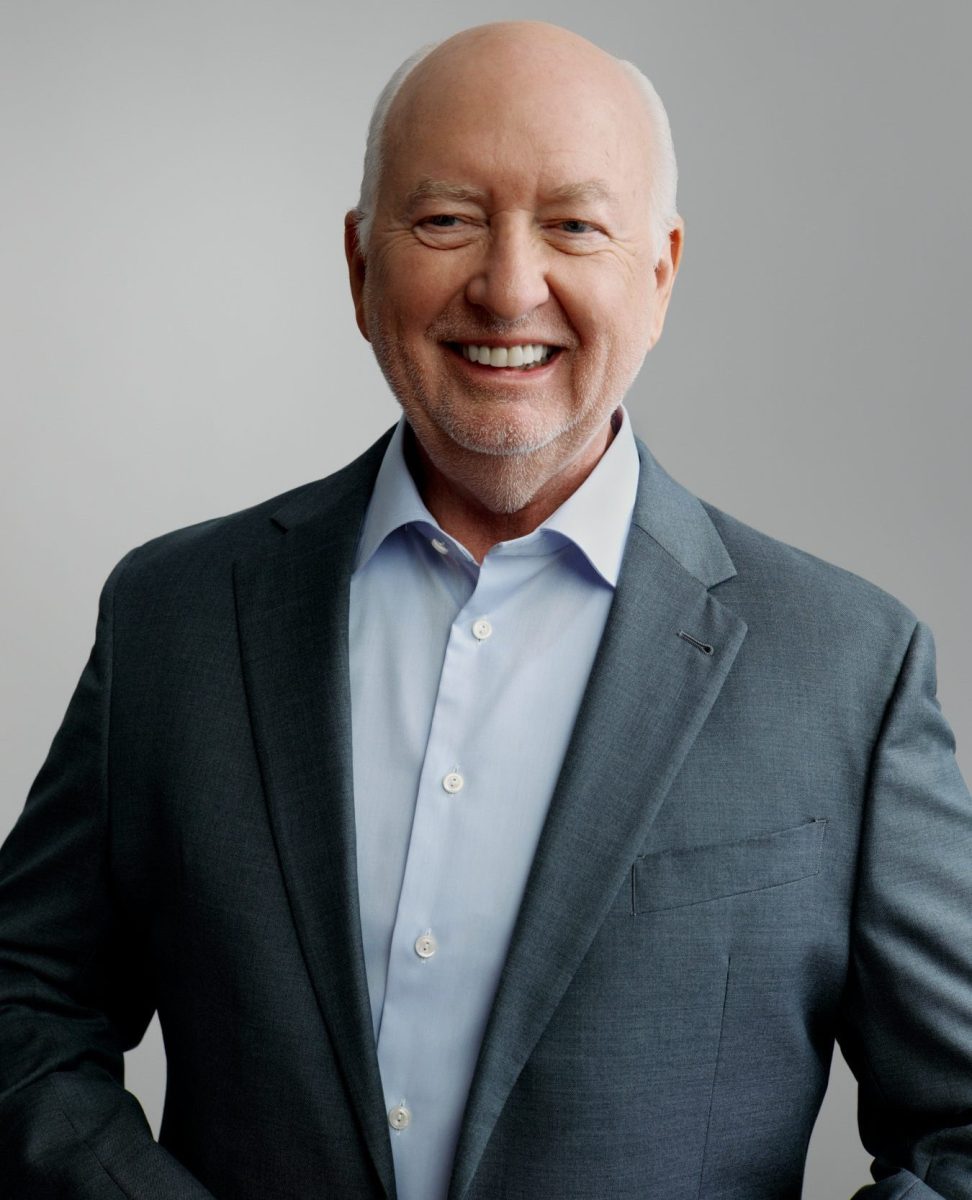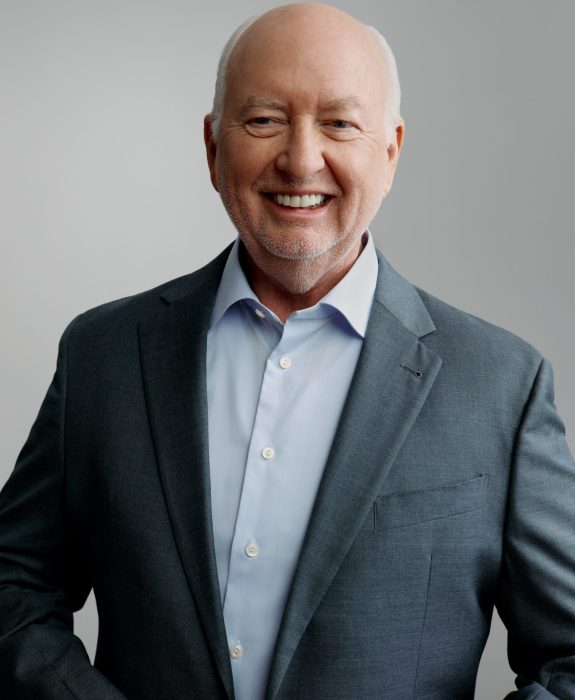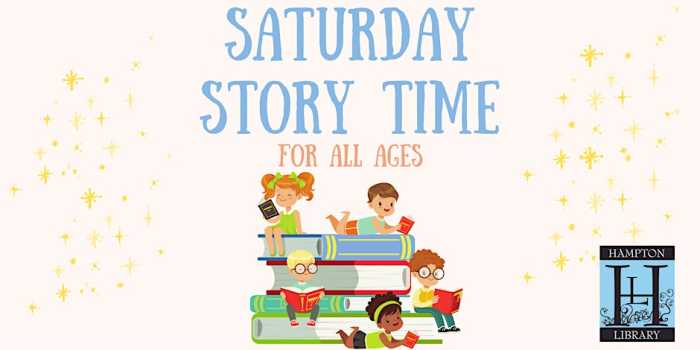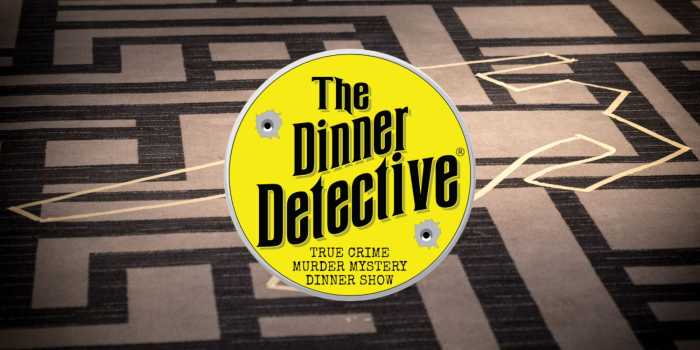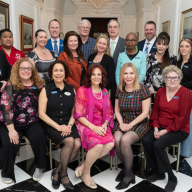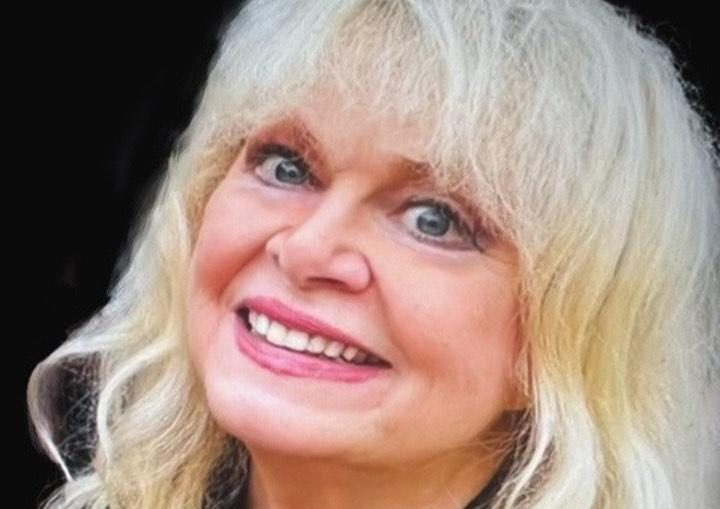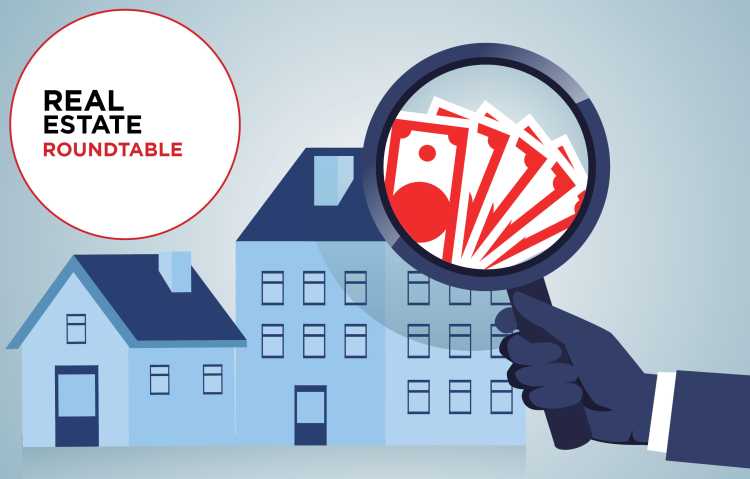In this season of gratitude, many of us will gather with loved ones, reflect on the year gone by, and give thanks for life’s many blessings. One group I’ll be thinking about in particular — and I hope you will too — is our caregivers.
Caregivers are everywhere, though they’re often easy to miss. They’re the parents showing up each day for children with special needs, the adult children navigating aging or illness with their own parents, and the neighbors quietly checking in on someone down the street. Many are juggling caregiving between jobs, school, or raising children of their own.
These remarkable individuals, often working without pay or recognition, provide love, stability, and support to those who need it most. They embody compassion and selflessness.
It’s fitting that National Family Caregivers Month falls in November. If ever there were a group deserving of extra thanks, it’s the millions of people ensuring others are cared for with kindness and dignity.
Quiet heroes in our midst
According to the National Alliance for Caregiving, more than 65 million Americans — nearly 1 in 3 adults — serve as family caregivers. But the actual number could be even higher. The Rand Corporation estimates it may be closer to 100 million when you include those who support veterans and others in need.
One challenge is that many people don’t think of themselves as caregivers. To them, it’s simply what you do for someone you love. Debbie Howard, caregiving adviser and author of The Caregiving Journey, knows this well. “When I became a caregiver for my mom, I had never heard the term ‘caregiver,’” she told me. “I was just going home to help.”
After her mother’s diagnosis with stage 4 lung cancer, Howard moved back to South Carolina. She and her sisters had a plan, but that didn’t shield them from the emotional, physical, and financial toll. “It’s a heavy emotional load to bear,” she said.
Caring for caregivers
The average caregiving journey lasts more than four years — and for conditions like Alzheimer’s, it can stretch to 15 or even 20. Over time, the strain is real.
Kimberly Whiter, founder of The Care Colloquium, adds that caregiving often defies the usual boundaries of daily life. “It infiltrates everything,” she says. “There’s no time slot for caregiving — that’s what makes it so stressful.”
Her organization helps caregivers navigate financial burdens. “Everyone who enters care will tell you they feel completely alone,” she says. “Even though millions are doing it, in the moment, it feels like no one else understands.”
Friends and family can help, but vague offers — like “Let me know if you need anything” — often add stress. What caregivers really need is for someone to act.
“When I was in the caregiver role,” Whiter recalls, “what made my heart sing was when someone just showed up with meals, help with laundry, or a quick run to the pharmacy. No questions asked.”
As we gather this Thanksgiving, let’s remember those who give so much to others — often without applause. But let’s not just be thankful. Let’s show up, support them, and remind them they’re never alone.
Jim McCann, a Long Island native who is the founder of Jericho-based 1-800-Flowers.com, has been writing the Celebrations Pulse, a weekly letter to customers, since March 2020. Enjoy what you’ve read? Subscribe to the free weekly edition at celebrations.com/pulse.




